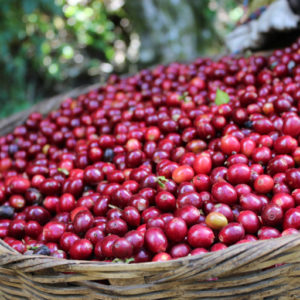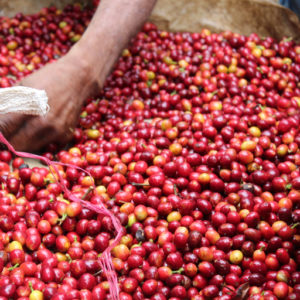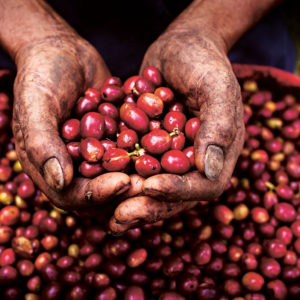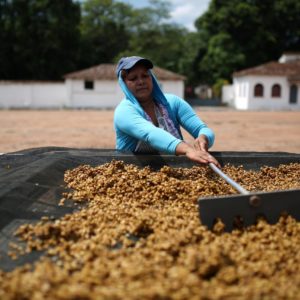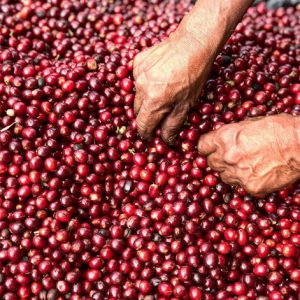El Salvador Washed Bourbon SHG Special Preparation Finca España
Doña Eleonora Lemus de Diaz Nuila “doña Nora” inherited Finca España from her grandfather don Rodrigo Herrera “papa Higo”, a descendant of a long-tradition of Salvadoran coffee producers. Doña Nora is the fourth generation of a family dedicated to the enhancement of coffee from the Apaneca-Ahuachapan region.
To improve the efficiency and the eco-sustainability of the production process, doña Nora implemented a farm renovation and rehabilitation program over the last few years, by replacing the old trees with new Bourbon and Pacas varieties. The Bourbon is a natural mutation of the Typica, one of the earliest and most important coffee varieties, while Pacas is a natural mutation of the Bourbon, discovered by don Fernando Alberto Pacas Figueroa in El Salvador in 1949.
Doña Nora empathize exclusively on high-profiles coffees, as she believes that this is the way to make a finca successful in the economic worldwide scenario.
The highest elevation, the special microclimate and the volcanic soil are the main features that characterizes the aroma and cup profile of the gourmet coffees produced by this finca.


